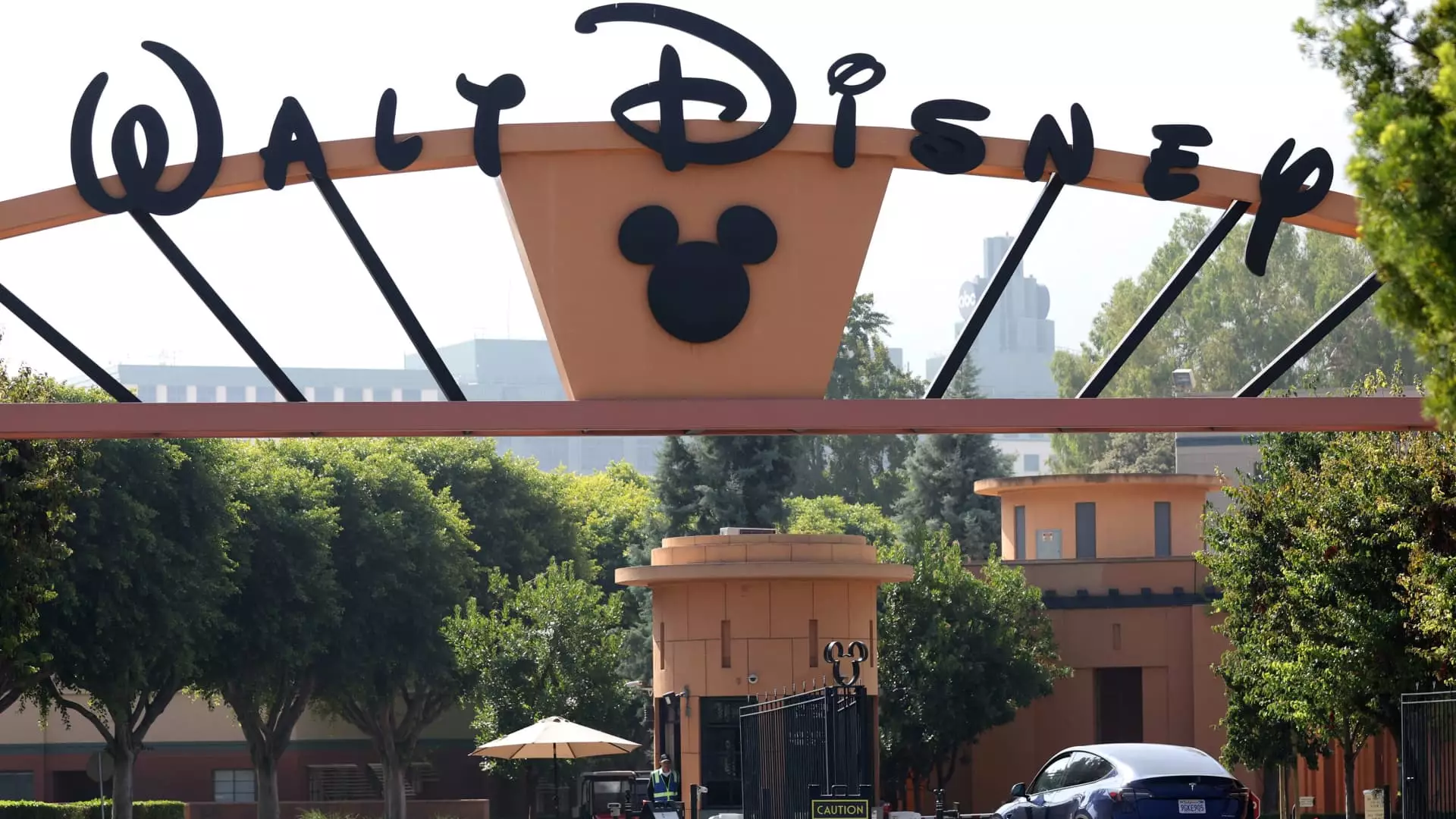Disney, a behemoth of the entertainment industry, has long stood at the apex of cultural storytelling. However, the recent announcement from the Federal Communications Commission (FCC) that it will probe into Disney’s diversity, equity, and inclusion (DEI) initiatives has sent shockwaves through the corporate and media landscapes. As the FCC focuses on ensuring compliance with equal employment opportunity regulations, one can’t help but question the motivations and implications of such an inquiry. This investigation raises critical alarms about whether the DEI programs endorsed by Disney and similar corporations are genuinely beneficial or potentially divisive and discriminatory.
The Political Overtones of DEI Scrutiny
Chairman Brendan Carr’s spotlight on Disney transcends a mere regulatory review; it serves as a bold political statement. Appointed by former President Donald Trump, Carr’s oversight aligns with an increasing push against what many see as the overreach of DEI policies in corporate America. Trump’s executive order to investigate these programs reflects a growing sentiment among certain political factions that DEI initiatives may infringe upon meritocratic values. This tension trailing from a seemingly innocuous examination illustrates how corporate practices become battlegrounds in larger ideological wars. Are we witnessing genuine efforts to protect equality, or is it a veiled attempt to undermine inclusivity under the guise of fairness?
The Consequences of Corporate Virtue Signaling
In its long-standing quest to champion storytelling and universal narratives, Disney has run the risk of turning its noble ambitions into what could be perceived as virtue signaling. When the FCC letter suggests that Disney’s DEI efforts might promote “invidious forms of discrimination,” it compels us to re-examine the distinction between genuine advocacy for diverse representation and opportunistic gestures that prioritize compliance over results. Such a precarious balance reveals the danger of alienating diverse audiences if their representation appears insincere or formulaic.
The Future of Content in light of DEI Regulations
As the inquiries amplify, the ramifications for content creation at Disney and beyond are immense. The entertainment giant, having moved from its legacy of universal storytelling to a more politically charged narrative framework, may soon find itself constrained by the very initiatives designed to uphold diversity. The FCC’s scrutiny might force Disney to scale back on narrative experimentation, favoring a more simplified approach that might stifle creativity. What was once a vibrant palette of storytelling could devolve into a safe, sanitized menu that steers clear of complexities and sensitivities.
Embracing a Balanced Dialogue
Ultimately, this inquiry is an invitation to engage in a broader dialogue about what diversity, equity, and inclusion should genuinely look like within corporate structures. Disney’s opportunity lies in reconceiving its DEI policies not as shields against criticism but as authentic representations of the company’s core values. If corporations continue to view compliance as the primary objective, rather than cultivating genuine relationships with their audiences, they may end up perpetuating the very divisions they aspire to dismantle. The conversation must shift from compliance to meaningful progress—because, in the end, representation matters, but authenticity matters even more.

